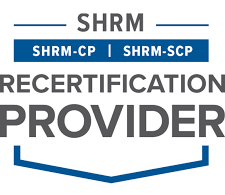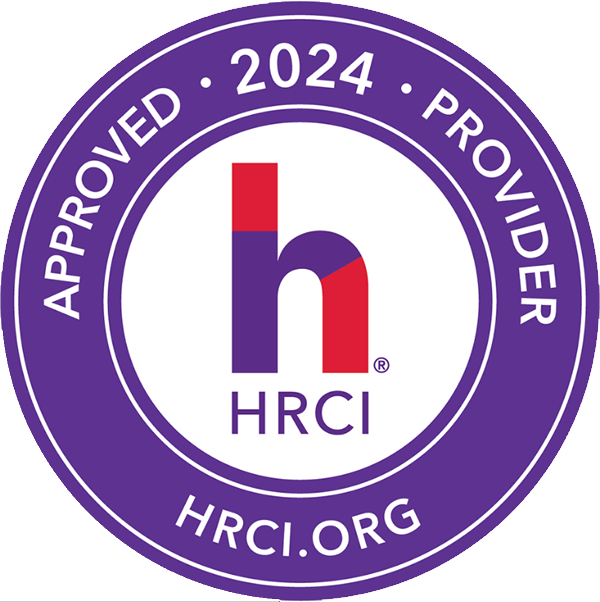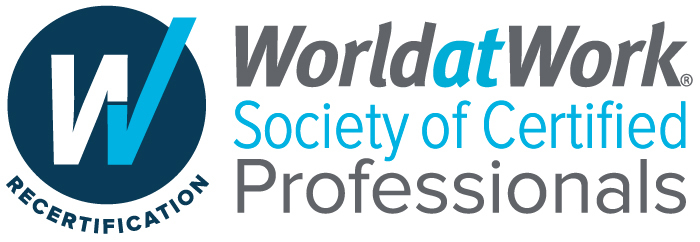Salary Structures and Pay Delivery
| Course Number: | 81 |
|---|---|
| Category: | Salary Structures |
| Field of Study: | Specialized Knowledge |
| Audience: | Compensation Professionals, HR Managers, HR Generalists |
| Level of Difficulty: | Intermediate |
| Delivery Method: | QAS Self Study |
| Prerequisites: | Moderate algebraic training |
| Advanced Preparation: | None |
| SHRM BASK: | As defined by the SHRM Body of Applied Skills and Knowledge (BASK), this self-study course relates to competencies in Business and Competitive Awareness, Business Analysis, and Data Analysis with functional areas in Talent Acquisition and Total Rewards. |
| Overview | Base salary structures are management tools designed for compensation program administration. Ideally, a salary structure will provide management with guidance to provide compensation that is internally equitable, externally competitive, and cost effective. A pay structure typically groups jobs of equal internal value or worth into grades and forms the job hierarchy for an organization. This course discusses the importance of the design, implementation, and administration of fair and equitable pay structures. We will examine different approaches to pay delivery using market-competitive pay. We also analyze the differences between merit pay and automatic progression salary increases. We focus special attention on the challenges that compensation managers face in the design and implementation of a salary structure. We will end this course with a review of the labor market, as no company can reasonably expect to retain a high-performing workforce if it has an uncompetitive compensation program. With this in mind, we will show you how to use research software to determine competitive market rates by location, industry, and job title. |
| Learning Objectives: |
|
|
Credit & Professional Continuing Education Information: |
|
| Additional Information: | |
| *The Course Credit List displays credits and credit types offered by location. | |

ERI Economic Research Institute is recognized by SHRM to offer Professional Development Credits (PDCs) for the SHRM-CP® or SHRM-SCP®






